
Money
How the Destruction of the Dollar Threatens the Global Economy – and What We Can Do About It
Recommendation
Publisher Steve Forbes argues that the US should reinstate a gold standard to revive its economy and reduce the risk of another global fiscal crisis. Money is supposed to provide a reliable measure of value, serve as a mutually acceptable medium of exchange between buyers and sellers and convey useful price information. Forbes, who generally has a conservative point of view, holds that money that fluctuates in value cannot perform these crucial, basic functions and that allowing market forces to reset currency values constantly impedes economic advancement. The US maintained a gold standard under the Bretton Woods agreement from 1944 to 1971 and its economy thrived. When it stopped converting dollars to a fixed amount of gold in 1971, Forbes reports, lackluster economic performance followed. It’s worth noting that Forbes somewhat simplistically attributes just about every economic failing of the past four decades to the loss of the gold standard. While always politically neutral, getAbstract recommends his treatise to readers who are interested in monetary policy, history and the debate about the gold standard.
Summary
About the Authors
Steve Forbes, co-author of Power Ambition Glory, is chairman and editor in chief of Forbes Media. Elizabeth Ames, founder of BOLDE Communications, co-wrote How Capitalism Will Save Us and Freedom Manifesto with Forbes.








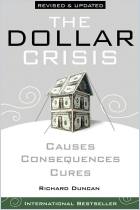
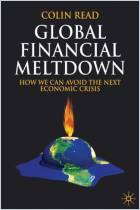
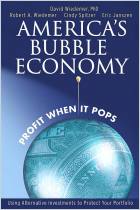
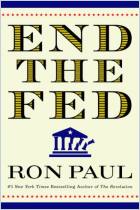
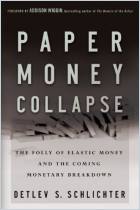


Comment on this summary or Iniciar a Discussão